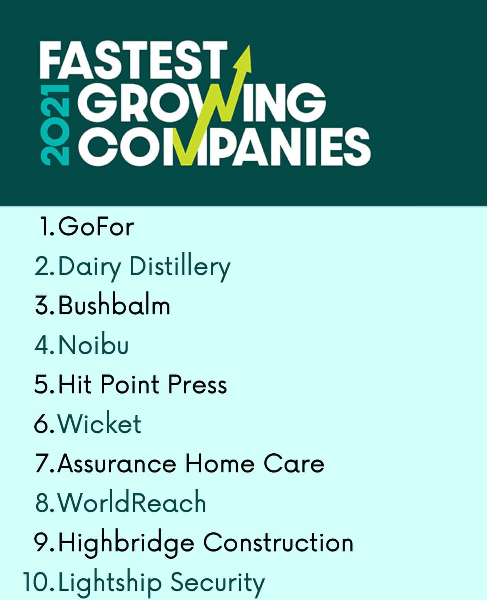Several years ago, Jeff Horne and his business partner Laura Mindorff concluded that the industry-standard association database system they were using at their website design company wasn’t as user-friendly at displaying and sorting information as they thought it should be.
In true entrepreneurial fashion, they set out to build a better mousetrap.
So in 2017, Horne and Mindorff launched Wicket, the world’s first member data platform for associations and professional societies.
(Sponsored)

How shared goals at Tamarack Ottawa Race Weekend strengthen workplace culture
Across workplaces of all sizes and sectors, organizations are continuing to look for meaningful ways to bring people together. Team connection, employee well-being, and community impact are no longer separate

Advanced Business Interiors (ABI) is Making Space Work in Ottawa
ABI’s journey began with a small team on Thurston Drive in 1989; four locations and almost 37 years later, Advanced Business Interiors is now one of the largest office furniture
The concept quickly caught on, and Wicket now has customers across North America. Its clients include the Canadian Society of Association Executives, national health-care associations and the California Lawyers Association.
Horne explains that many organizations currently rely on “big monolithic systems full of modules” to manage their membership data, “with the idea that one software is going to be able to do anything for your association.”
Wicket
Year founded: 2017
Local headcount: 15
Three-year revenue growth: 383%
2021 rank: #6
His firm’s technology makes the process more effective, he says.
“Wicket is basically disrupting that market … becoming this hub of membership data where it manages all of the people and organizations that they interact with, but we integrate and connect that really important data with all the other software tools they use.”
The association market typically consists of non-profit organizations, Horne says. It’s a sector that is still learning to embrace technology.
Today, Wicket has 15 employees and plans to hire more by year’s end.
Horne says the bootstrapped company will take the rest of 2021 to grow its footprint in the U.S. market and build up its revenues before reaching out to potential investors.
“This model we are bringing that is more flexible is going to continue to grow,” he says. “We do expect to see other companies follow suit.”







